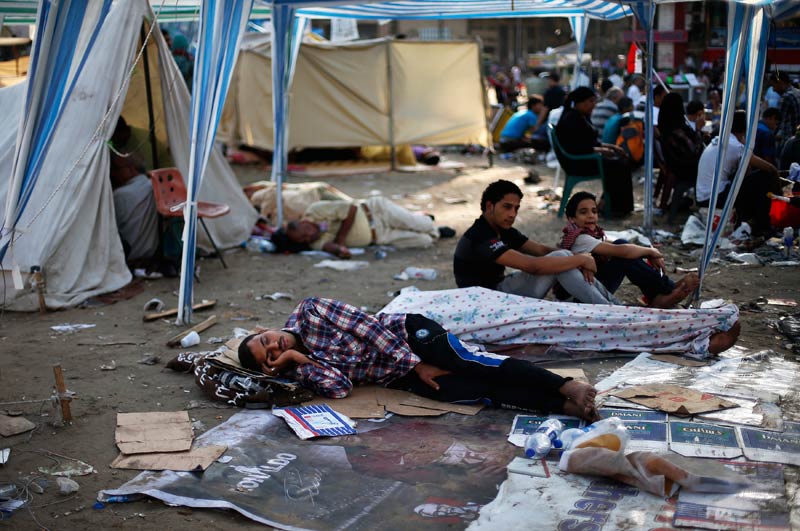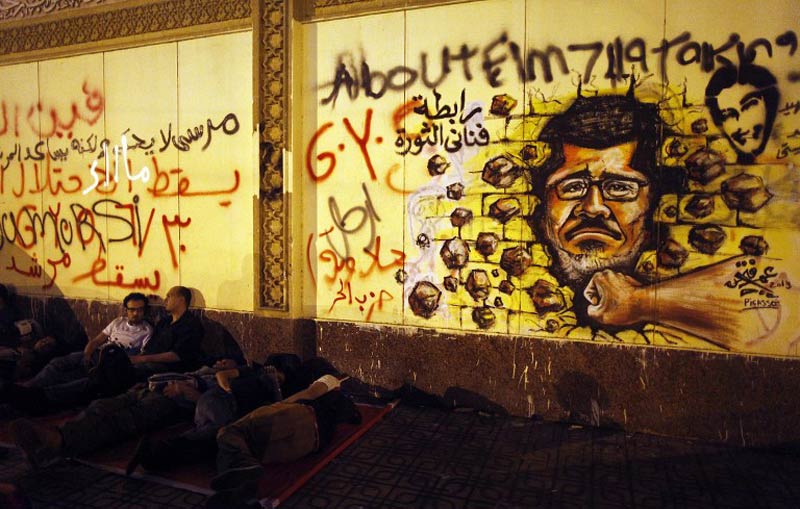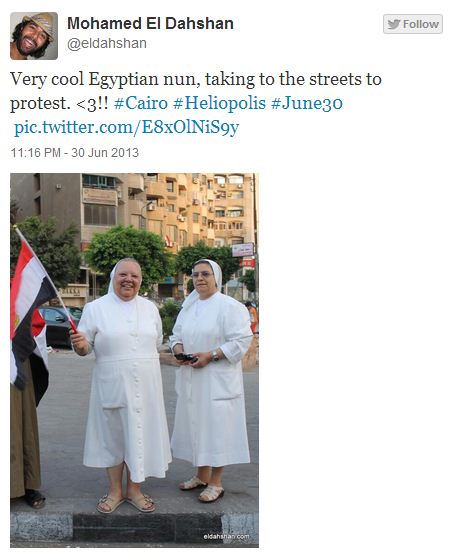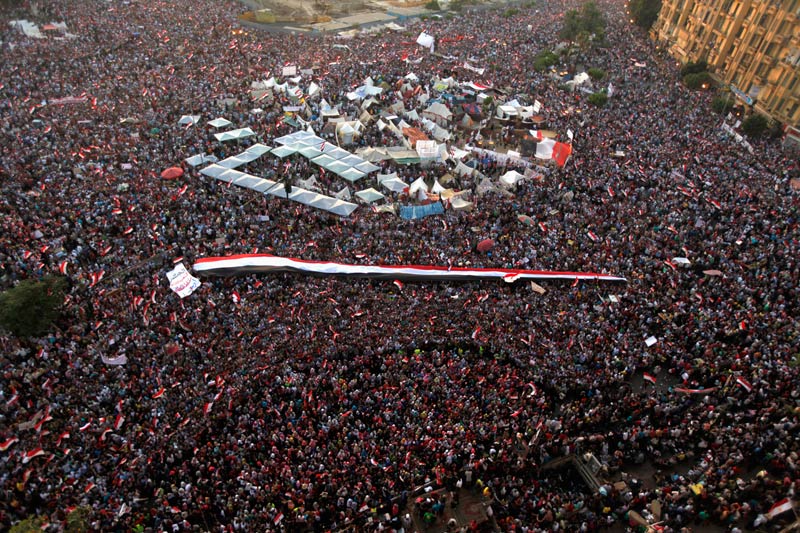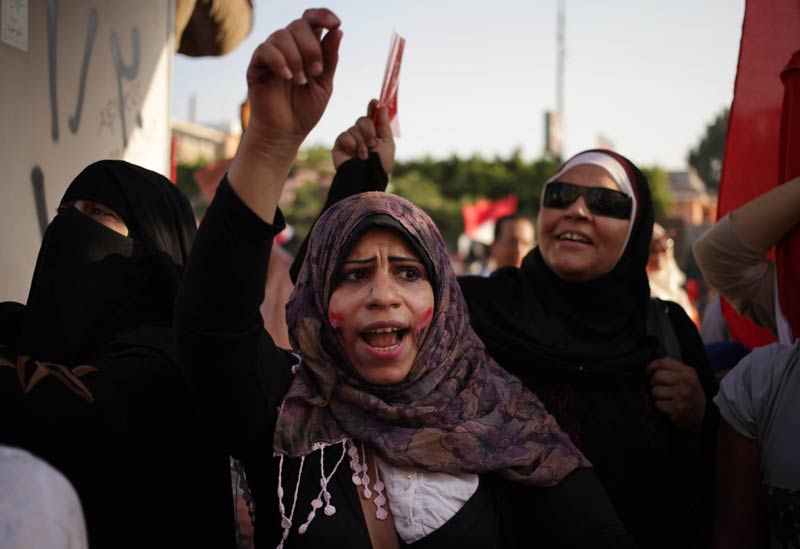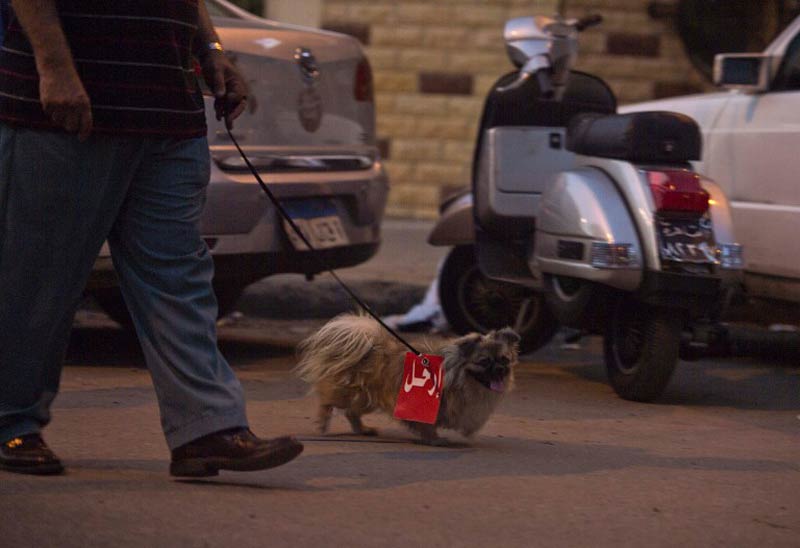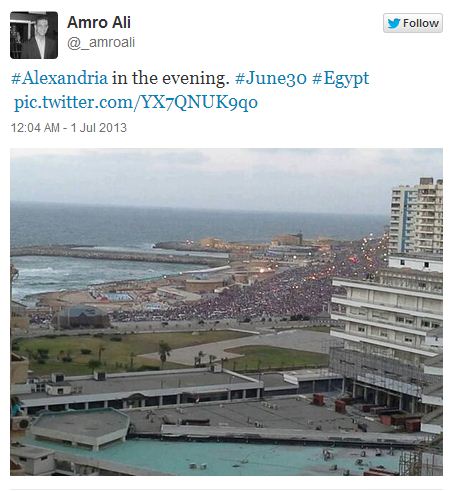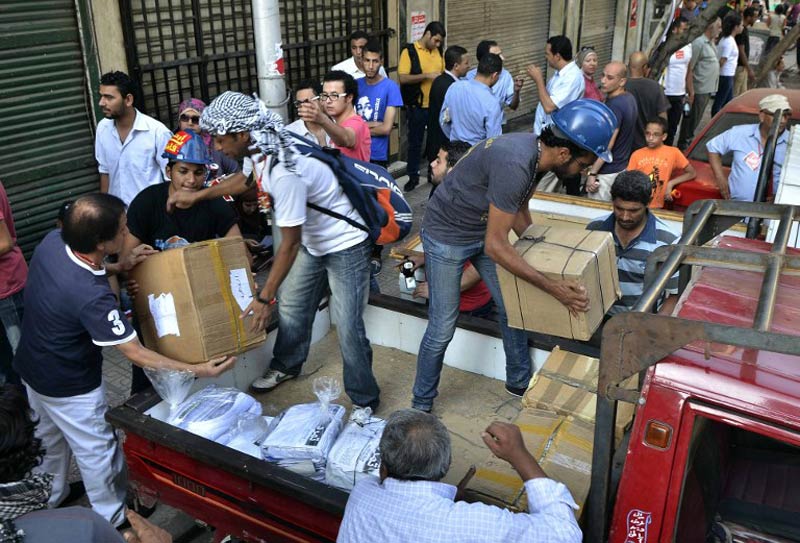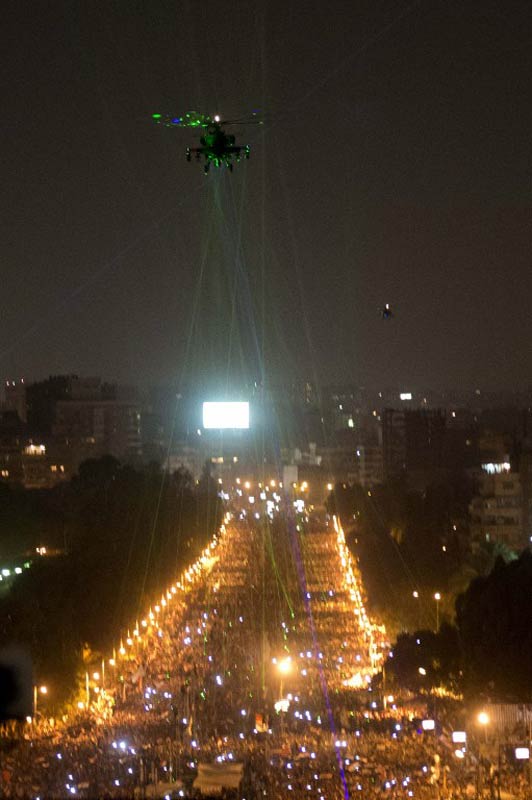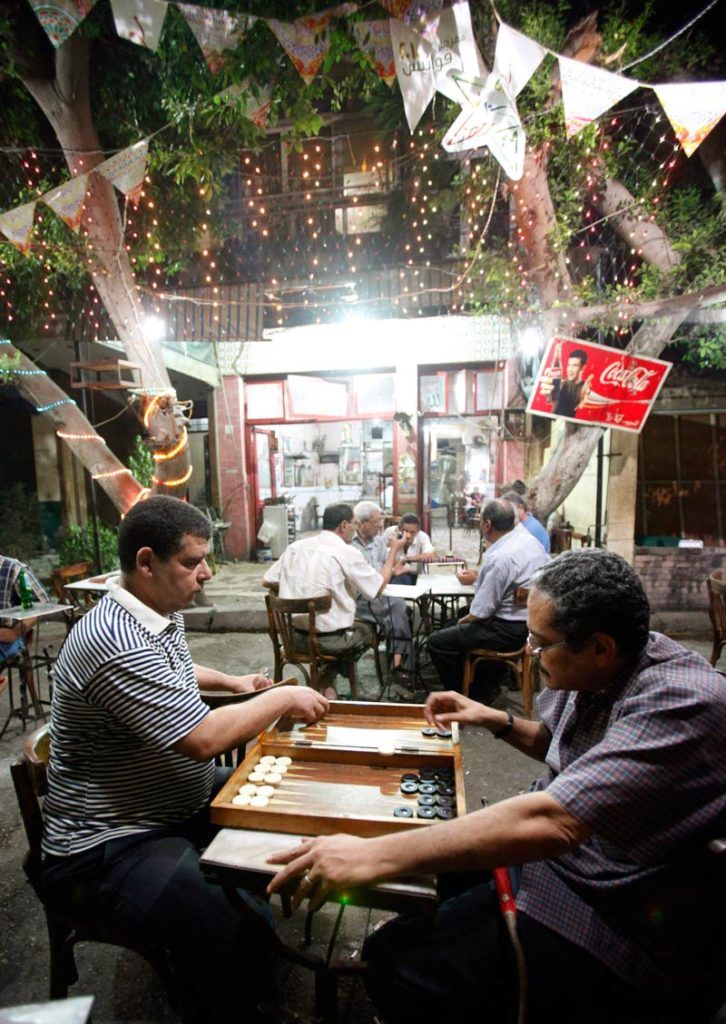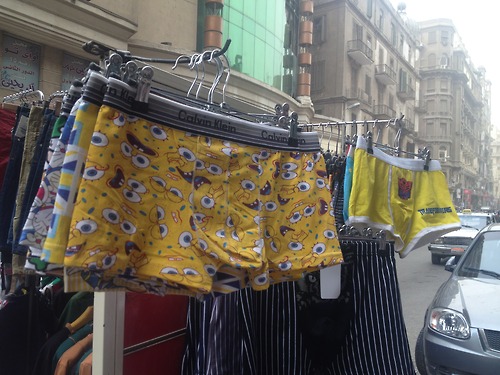An exact replica of the tomb of Tutankhamun is set to be installed near the 3 000-year-old original, in what one of the world’s leading Egyptologists has called a revolutionary development in Egyptian archaeological conservation.
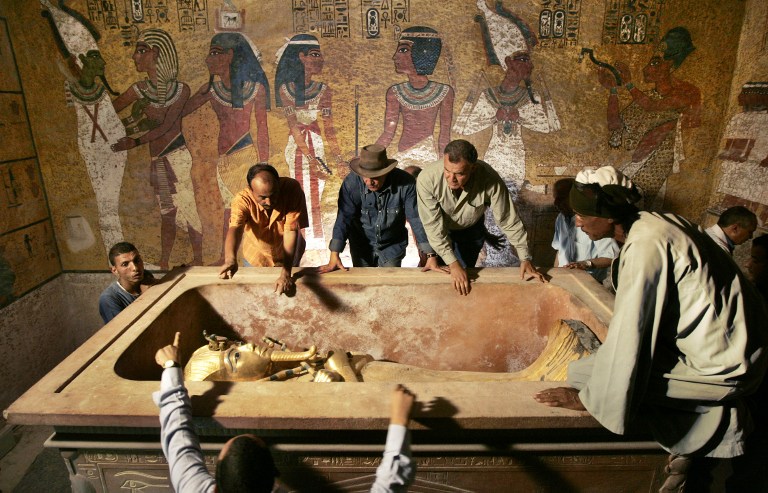
Officials hope the £420 000 (R6.8-million) project will prolong the life of the original while promoting a new model of sustainable tourism and research in a country where many pharaonic sites are under severe threat.
Tutankhamun’s tomb is one of 63 burial sites in Luxor’s Valley of the Kings. After years of visitors, some have had to close due to damage while others – like Tutankhamun’s – are under threat, with restoration efforts likely to make the problem worse.
“The attempt to fix the tombs to make them visitable is itself now the largest long-term risk to the tombs,” said Adam Lowe, whose Spanish-based firm Factum Arte led and funded the creation of the tomb’s replica under the supervision of Egypt’s supreme council of antiquities.
The project aims to divert visitors away from the threatened original while still giving them the chance to experience what it is like inside. The process could be used to give visitors the chance to experience other sites that are too fragile ever to be opened again.
“It’s revolutionary,” said Kent Weeks, a leading Egyptologist who has been researching pharaonic sites since the 1960s. “It’s not just a way of protecting the tomb of Tutankhamun, but it’s a test case, a model that could be used to protect other sites across the country.”
The project’s leaders acknowledge that visiting a replica will sound less appealing to many than seeing the real thing. But they hope the facsimile, which is indiscernible from the original, will give visitors a better understanding of the tomb.
The original version can only be visited for short periods at a time, making enjoyment of its qualities difficult. But the sturdier replica will be able to accommodate more people for longer periods, allowing them to learn more about why the tomb is special.
Tourism decimated
“The challenge is to get people to visit the facsimile and say: my god, I can’t tell the difference – and what’s more, there are things I can experience in the facsimile that I can’t in the original,” said Lowe.
“We want people going to both, and tweeting and blogging and saying: this is a very interesting moment in the history of conservation, we understand the problem, and the facsimile is better than the original.”
With tourism decimated since the ousting of Mohamed Morsi as president in July, Egyptian authorities hope the new tomb will help bring visitors back to Luxor.
“This is the first build in the Valley of the Kings for 3nbsp;000 years,” said Nigel Hetherington, co-author of a book about the area. “We are essentially replicating a pharaoh’s tomb for the first time ever.”
He said that if was replicated across Egypt’s many other historical sites, many of which are under threat from looting and decay, the project could have other far-reaching benefits.
“It’s a long-term plan that will put Egyptians in charge of documenting their own heritage. With this technology, they’ll be able to scan any of their sites. In terms of building a database, it’s a godsend, and it could safeguard not just the Valley of the Kings, but all of Egypt’s heritage sites.”
The facsimile is said to be one of the most sophisticated replicas ever made. Its creation involved measuring 100 million points in every square metre of the original tomb. Factum Arte used laser scanners to capture the texture, shape and colours of the tomb, before reproducing it with machine-operated blades, some with a width of less than two-tenths of a millimetre.
The process builds on that used to make replicas of fragile caves in southern France, and a high-resolution facsimile of Veronese’s Wedding at Cana.
The tomb’s replica will be installed near the Luxor home of Howard Carter, the legendary Egyptologist. The installation is scheduled to start in December.
“There’s a lot of arguments between conservators and tourism experts about whether replicas will help or hinder tourism,” said Weeks. “But we should be able to show that there is no conflict between the economic needs of the country and conservation needs of the tombs. One can make a much more meaningful visit to the replica than one ever could to the original.”
Patrick Kingsley for the Guardian



